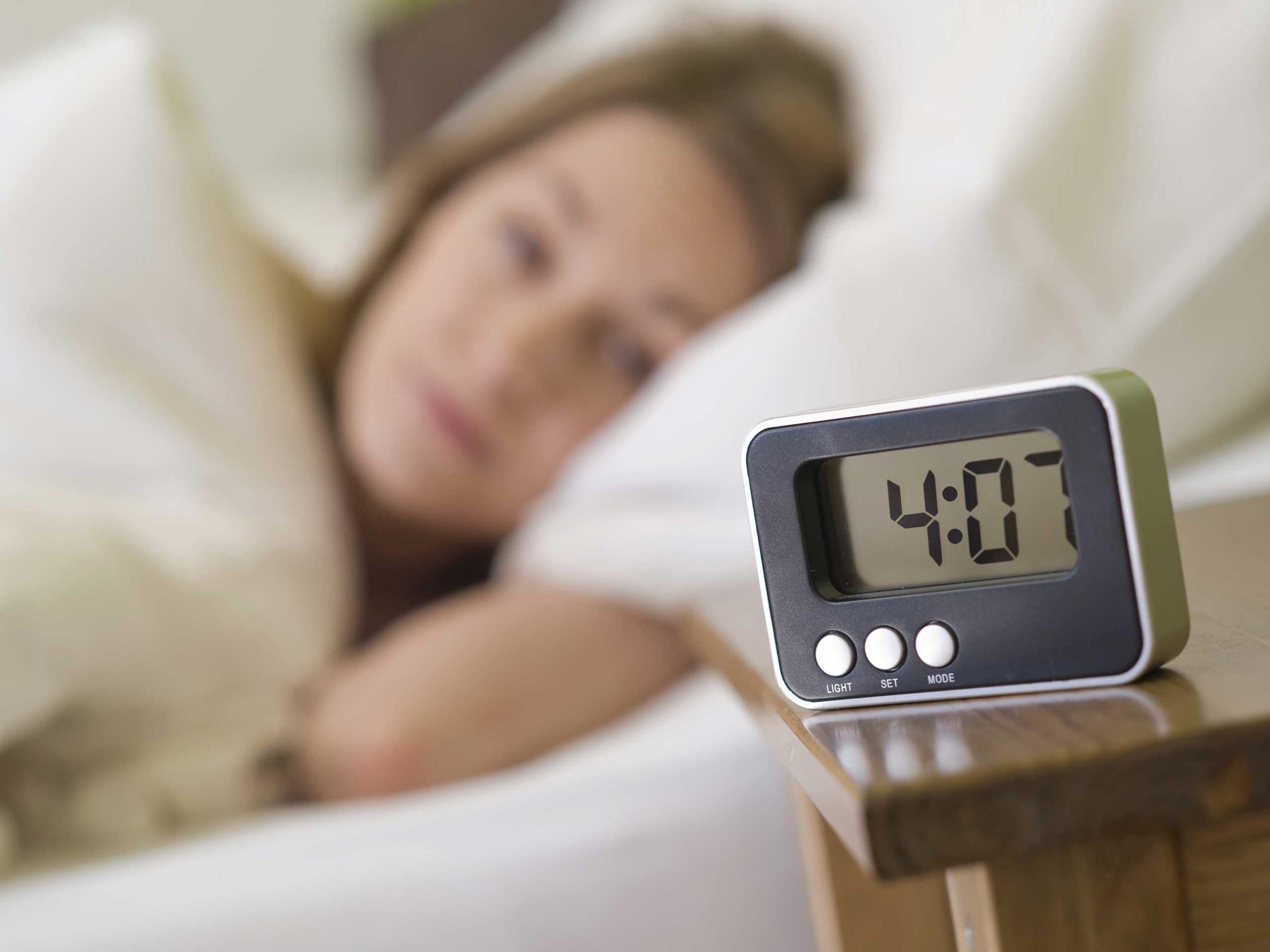Cure for insomnia: The secret to better sleep may be staying awake
Sleep restriction therapy hasn't properly taken off, but that might be because it sounds so counterintuitive

Your support helps us to tell the story
From reproductive rights to climate change to Big Tech, The Independent is on the ground when the story is developing. Whether it's investigating the financials of Elon Musk's pro-Trump PAC or producing our latest documentary, 'The A Word', which shines a light on the American women fighting for reproductive rights, we know how important it is to parse out the facts from the messaging.
At such a critical moment in US history, we need reporters on the ground. Your donation allows us to keep sending journalists to speak to both sides of the story.
The Independent is trusted by Americans across the entire political spectrum. And unlike many other quality news outlets, we choose not to lock Americans out of our reporting and analysis with paywalls. We believe quality journalism should be available to everyone, paid for by those who can afford it.
Your support makes all the difference.Cutting back on sleep may help tackle insomnia, according to sleep experts.
Insomnia is said to affect about one in three people in the UK and deliberately restricting the amount of sleep to the hours you are capable of sleeping is seen by many experts as one of the most effective ways to treat it.
But sleep restriction therapy hasn't properly taken off, and that might be in part because it sounds so counterintuitive.
In essence, the technique requires you to make a note of how many hours of sleep you typically get - perhaps it's just five hours.
Set a time when you get up - for many that will be the time they usually go to work - and unfailingly stick to it.
Then only go to bed five hours before that time.
If you successfully sleep for those five hours then gradually move the window backwards in 15 minute intervals until you're getting seven or eight full hours per night.
Sounds easy enough? Those who have tried the technique report it takes a great deal more willpower than might be thought.
They report being irritable and bleary-eyed, but the technique has been shown to be effective and avoids the drowsiness associated with sleep medication.
Sleep restriction is a form of cognitive behavioural therapy (CBT), a therapy used to help manage anxiety, depression and other psychological conditions.
It is advisable to seek professional advice before launching into your own sleep deprivation plan.
Join our commenting forum
Join thought-provoking conversations, follow other Independent readers and see their replies
Comments